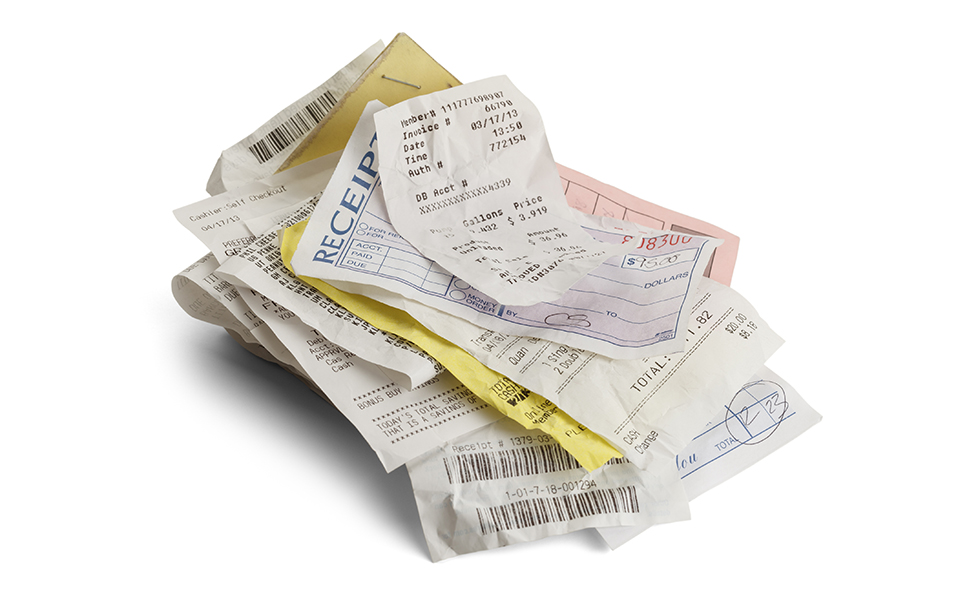Getting into the habit of keeping your receipts and filing them after you make a purchase can help you to keep track of your spending and make sure that you still have options upon checkout. It is also important that you are fully aware of the store’s return/exchange or credit policy so that you will know your options before committing to a purchase.
Returns
Each store is different with what they allow for returns, especially with time specific time constraints, holiday promotions or possible sales items. Do not be nervous to ask if about the return policy at the store because it is your full right to know. Keep in mind that their policy may change from time to time, or they might have certain policies for sale items. You can also check online to find out how long you have and where to send or deliver a return. Be sure to keep the receipt so that you will not accidentally forge over the right to do a return by not having it. Many stores will also require that the product is unworn, unwashed and with original tags as well.

Exchanges
Many stores may not offer a cash refund, but rather will provide you with the option of exchanging the item for something of equal value at the store or to have a cash credit to the store. This policy is often stated online or on the receipt of the item that you have purchased. It is very important to keep the receipt so that you are able to receive the credit. The possibility for exchange is often for a limited period of time so file your receipt and highlight the final exchange date so that you are not stuck with a purchase that you do not necessarily want.
Keeping Track Of Money Spent
Even if you are completely satisfied with your purchases it is still a good idea to keep your receipts so that you can keep them in a folder for your finances. There are many ways that you can organize your receipts so that you can keep track of your spending. It can be very difficult to track spending, especially when using cash to pay for your purchases. The first way is to create paper file folders that are dedicated to certain receipts for specific expenses including groceries, clothing, toiletries, self-care, gifts and miscellaneous spending. Label each folder and dedicate it to that type of receipt only. You can decide how often that you want to file your receipts, whether it be as soon as you have a new receipt, weekly or monthly. Then at the end of the month you can review your purchases and see where you may need to cut back spending.
Your receipts are not just a record of your transaction but can actually be used as a tool as well, that can help you to curb, control and track your spending.
